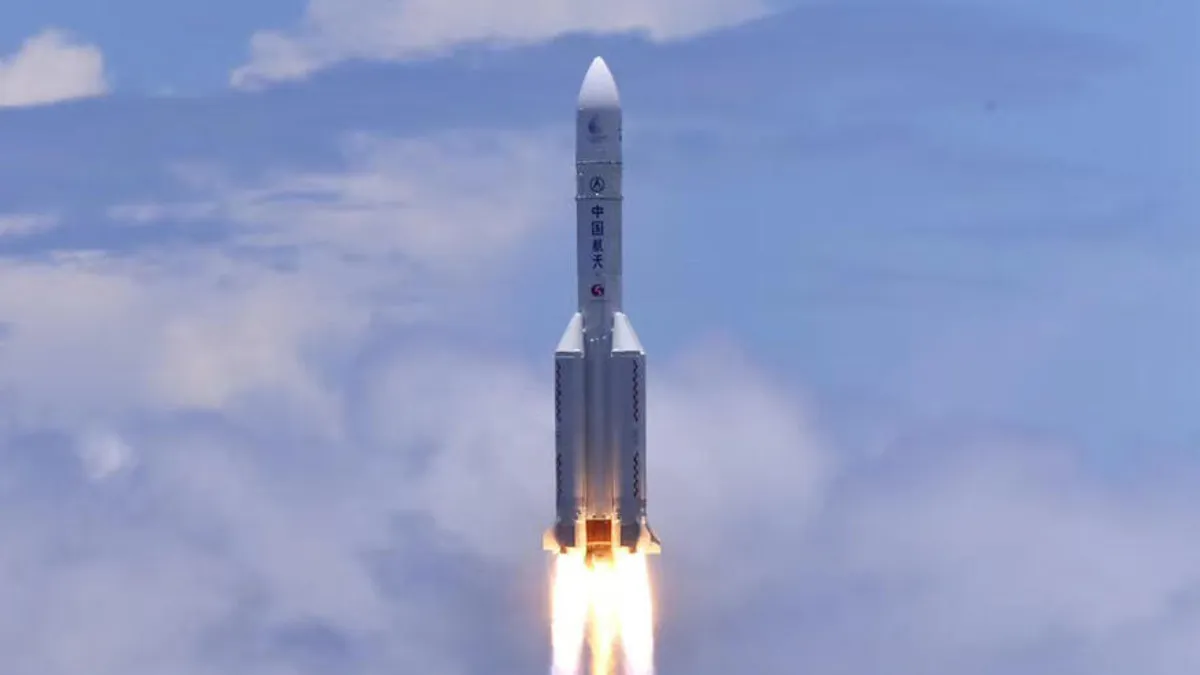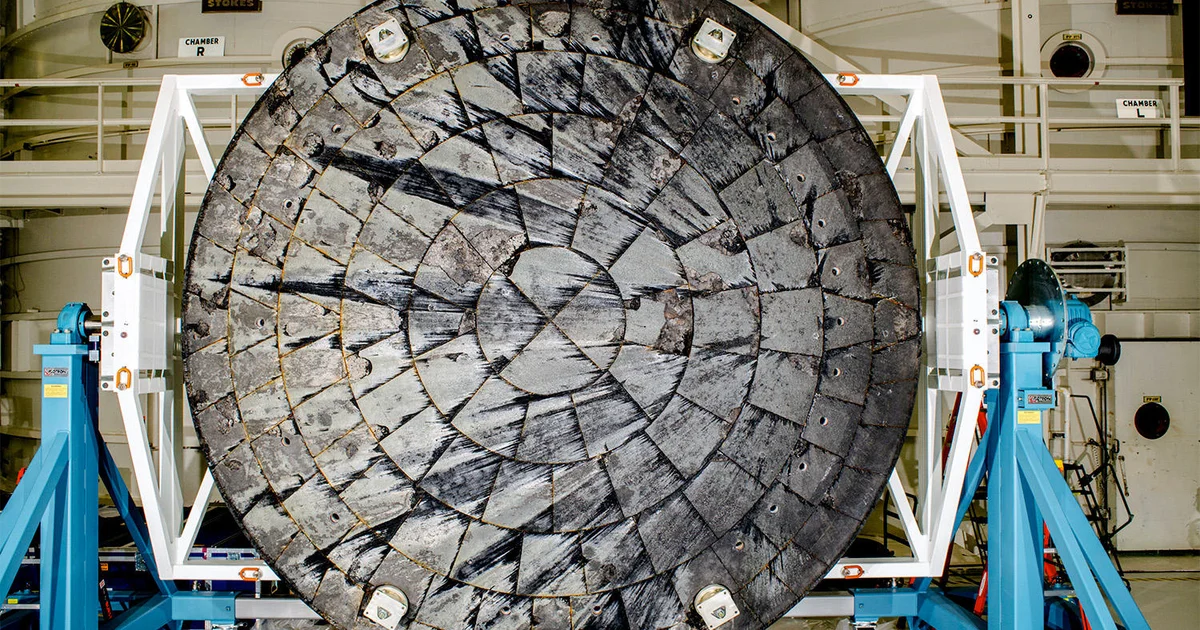Washington, September 4, 2025 — American space ambitions are facing growing scrutiny as experts warn that the United States could fall behind China in the race to return humans to the moon. During a Senate Commerce Committee hearing, lawmakers and industry leaders voiced urgent concerns about delays to NASA’s Artemis program and the implications of ceding lunar dominance to a geopolitical rival.
Delays in Artemis Raise Alarm
The Artemis program, which aims to land astronauts on the lunar surface, has faced repeated setbacks. The first crewed landing is now projected for 2027, creating a gap that could allow China to move ahead with its own ambitious plans. Senator Ted Cruz, who chaired the session, stressed that America must not allow Beijing to dictate the future of space exploration. He warned that China could establish a permanent presence on the lunar surface as early as 2030.
Strategic Stakes Beyond Science
Witnesses told lawmakers that the lunar race is not only about scientific achievement but also about setting global rules and norms for space exploration. Whoever establishes a foothold first could shape how resources such as lunar ice are used, potentially influencing the global balance of power for decades to come. Former NASA Administrator Jim Bridenstine cautioned that if the U.S. fails to act decisively, its leadership in space—and by extension, its influence on Earth—could diminish.
Nuclear Reactor Plan on the Horizon
Adding to the urgency, NASA is moving forward with a plan to install a nuclear reactor on the moon by 2030. The project is designed to provide a reliable power source for lunar bases, particularly during the two-week lunar night when solar energy is unavailable. While advocates see it as essential for long-term exploration, the initiative has also raised questions about safety and the risk of geopolitical tensions over energy infrastructure in space.
A Race With Global Consequences
Experts concluded that the outcome of the lunar competition will carry far-reaching consequences, extending well beyond space exploration. Control over lunar resources, technological leadership, and international prestige are all at stake. For the U.S., the message from the Senate hearing was clear: without significant investment and urgency, the nation risks falling behind in one of the most consequential races of the 21st century.













Leave a Reply